More and more people are becoming aware of the impact eating fish has on our oceans and marine life. If you’re passionate about wanting a fish free diet, expert, Camilla Gray Nutritional Therapist at Optibac has some unexpected but tasty substitutes to swap out without missing all-important nutrients.
Fish free, but what about nutrients?
According to a recent Onepoll survey, nearly 1 in 4 Americans now incorporate plant-based meat alternatives within their diets. Almost half (47%) have begun eating more plant-based foods since the pandemic began. But how can we be sure that these plant-based alternatives contain the adequate nutrients needed to stay healthy in the long term?
Omega 3
Fish is a valuable source of Omega-3. The fatty acids from foods rich in Omega-3 are essential for keeping our hearts, brain, and gut health working at optimal levels. Without a sufficient amount of Omega-3, skin can become overly dry or oily, and could also be prone to increased irritation or dermatitis.
Hair also benefits greatly from Omega-3 and can become brittle, thin, and dry. Those lacking Omega-3 are also at a greater risk of experiencing fatigue, insomnia, irritability, and concentration issues – with studies even showing it can lead to serious heart conditions if not dealt with effectively.
Omega-3 improves the biodiversity of the gut microbiome, so essentially, not having enough omegas in your system could lead to an unhealthy gut and condition such as Irritable Bowel Syndrome (IBS).
Plant-Based Alternatives To Fish That Remain High In Omega-3 Include:
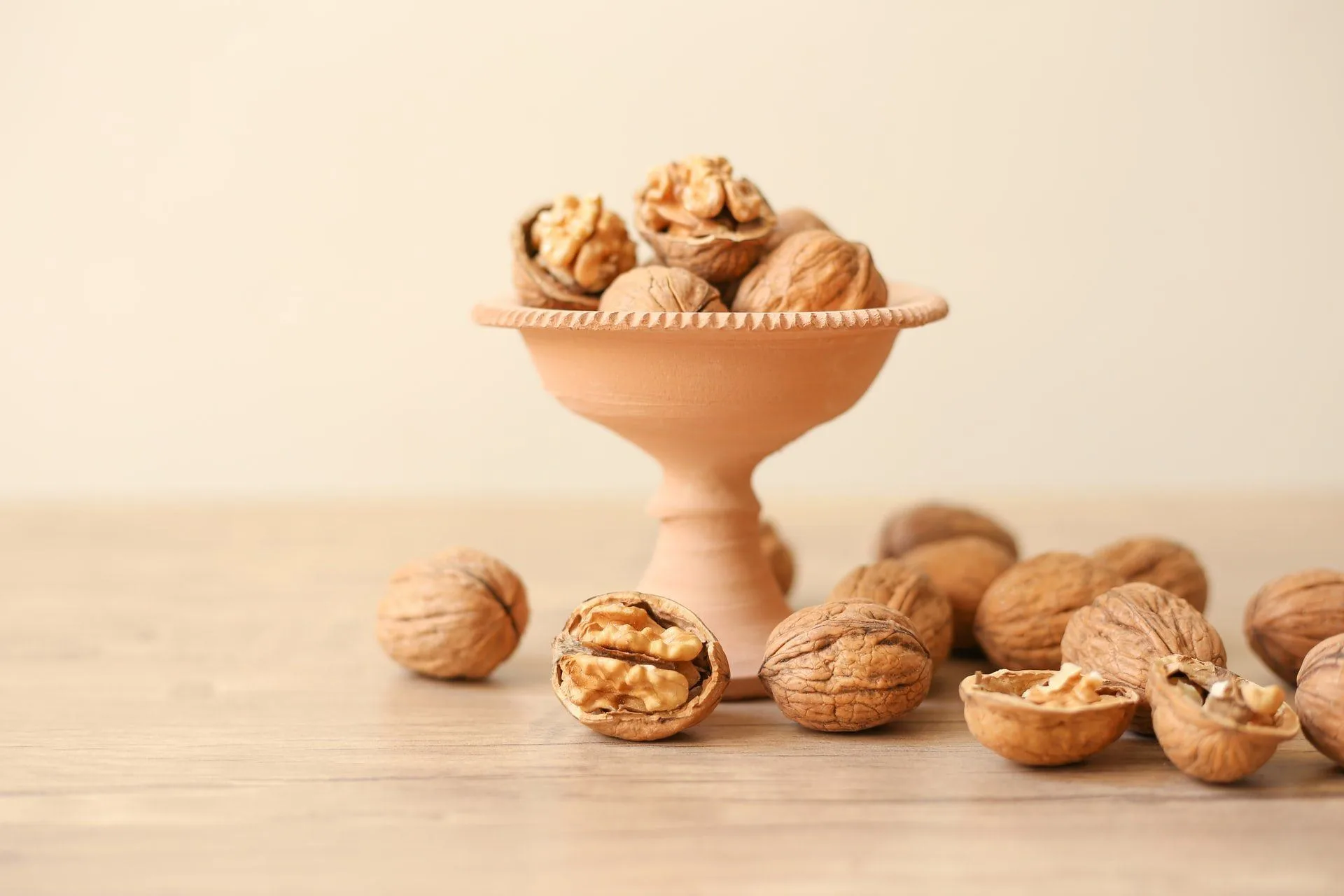
Photo by Sahand Babali on Unsplash
Walnuts
A well-known source of omega, walnuts are versatile enough to be used in both hot and cold dishes, or as a fantastic afternoon snack. A walnut-based salad is a delicious way to up your omegas.
Soybeans
A great source of omega-3 that is often overlooked due to a small percentage of humans suffering from soy allergies. As a fiber-rich option, they are often used as a plant-based alternative to meat and fish in many popular dishes, such as curries, stir-fries, and soups. Found in many forms, including tofu or tempeh, soybeans can help keep your omega-3 intake up, promoting a healthier, more balanced gut.
Brussels sprouts
Are another excellent plant-based source of Omega-3, and whilst the distinctively nutty flavor of this particular vegetable might not be to everyone’s taste; there are some really wonderful ways to cook and prepare brussels sprouts that could surprise you. Try them roasted in the oven until crispy with some garlic, chilli, and olive oil, and you’ll never look at them the same way again!
Seaweed
Is also a fantastic source of Omega-3, as it belongs to one of the few plant groups containing the essential fatty acids so commonly found in fish and seafood. Up your levels by using ‘Nori’ sheets for homemade sushi, or make some crispy seaweed at home as a healthy snack.
Vitamin-D
It is somewhat of a challenge to find plant-based foods that contain sufficient amounts of vitamin D3 – the specific form of vitamin D derived from fish and meat products – so supplements are recommended.
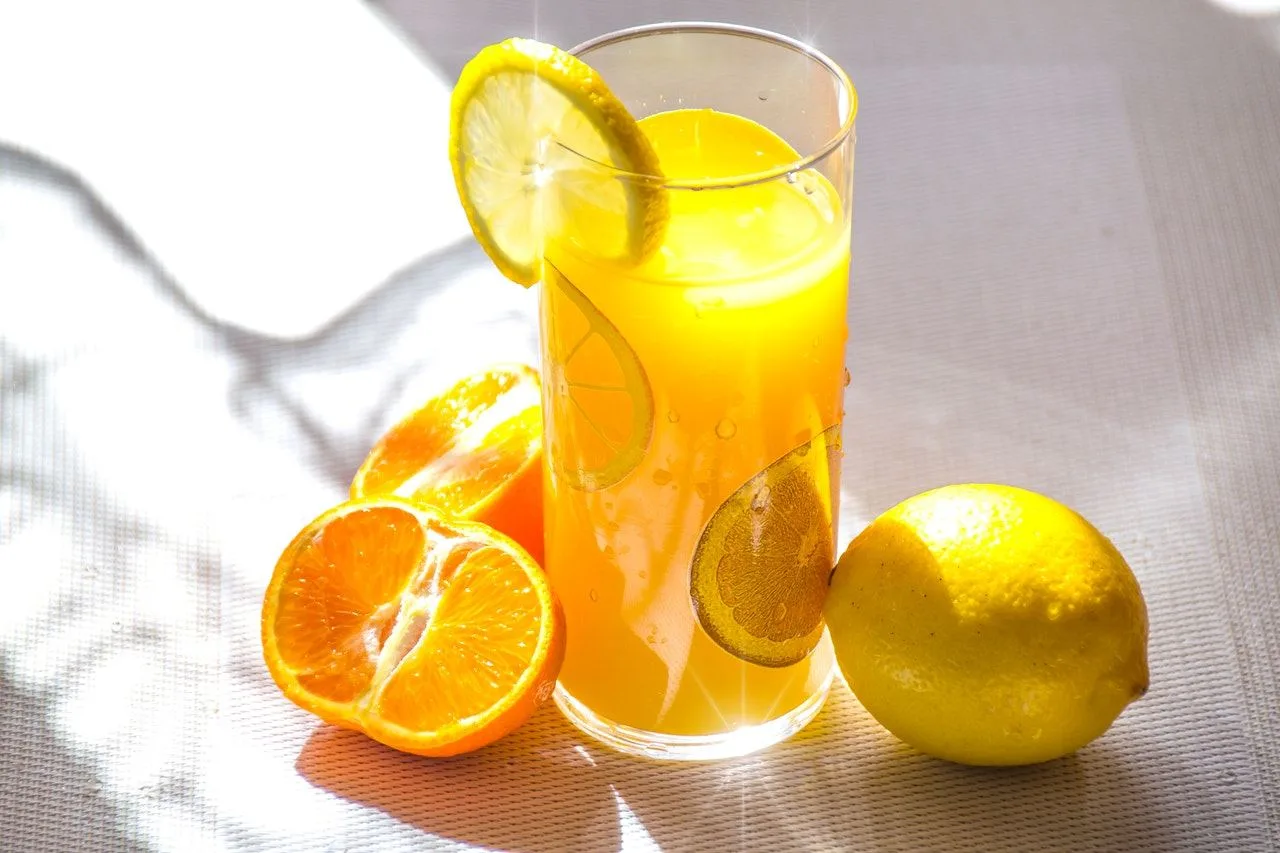
Photo by PhotoMIX Company from Pexels
Did You Know That Over 41% Of Adult Americans Suffer From Vitamin D Deficiency?
Those with insufficient levels of vitamin D may find themselves experience extreme tiredness, despite sleeping for the recommended amount of time each night, as well as lower back issues and muscle pains. A prolonged lack of vitamin D has also been linked with premature hair loss and depression.
Alongside this, a vitamin D deficiency can also have a huge effect on your gut health, with a long-term deficiency linked to cardiovascular disease, osteoporosis – and even certain cancers.
Here Are Some Plant-Based Foods That We Would Recommend To Help Boost vitamin D Levels:
Mushrooms
These are a great source of vitamin D and can be added to most meals as a meat/fish alternative. Try experimenting with different types of mushrooms in the kitchen – such as porcini, portobello, shitake, and morel – to discover how they complement different cuisines and take on different flavors.
Oatmeal
Is a wonderful option, which can be prepared with either rice or almond milk. You can source vitamin D in many breakfast choices to start the day right. If you’re strapped for time in the mornings, try preparing overnight oats the night before, or incorporate the oats and milk into a healthy smoothie for your morning commute.
Egg yolks
Are an amazing source of vitamin D for vegetarians that are still happy to consume certain dairy products. Unsurprisingly, the more vitamin D hens have in their diet, the more will be found in their eggs, so try to purchase free-range eggs or research the diets provided to hens to ensure you’re consuming the very best!
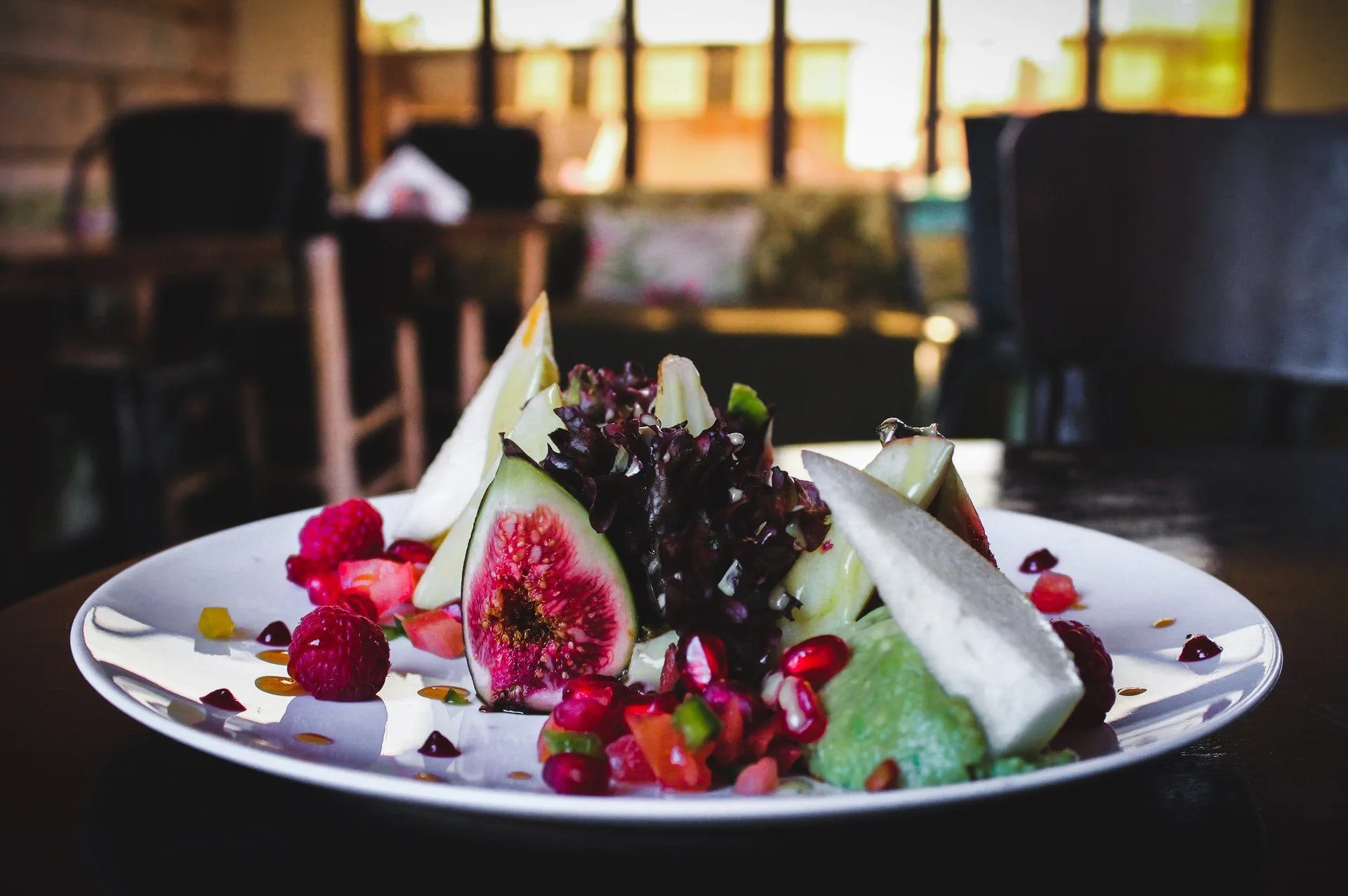
Photo by Louis Hansel on Unsplash
Iron / Vitamin B-12
Fish is a particularly iron-rich food, so removing it completely without replacing it with equally iron-rich alternatives could leave your body in a deficit.
Those with iron deficiency anemia may lack energy and could experience a multitude of symptoms such as mouth ulcers, pins and needles, disturbed vision, and memory loss. Iron is also essential for a healthy gut.
Foods High In Iron/ Vitamin B12 for a fish-free diet include:
- Spinach leaves or kale are superfoods for an abundance of reasons. Not only are they full of fiber for a healthy gut, with research indicating they contain specific sugars that specifically help fuel the growth of healthy gut bacteria, they are also extremely versatile. They can be added to soups, salads, smoothies, and juices, and can even be roasted with spices until crispy as a healthy snack!
- Lentils and dry beans are full of protein and are therefore a great plant-based alternative for those looking to reduce their fish/meat intake. They are full of iron and fiber, which contribute greatly to a healthy gut microbiome. They are also really easy to add to meals as they can take many forms, from salad-toppers and soups to a lentil curry or pasta bake.
If you enjoy a smoothie in the morning or salad for lunch, then pumpkin seeds are a great source of iron to add to your plate or glass. These little seeds pack a punch of iron that your body will need if you are moving towards a plant-based diet.
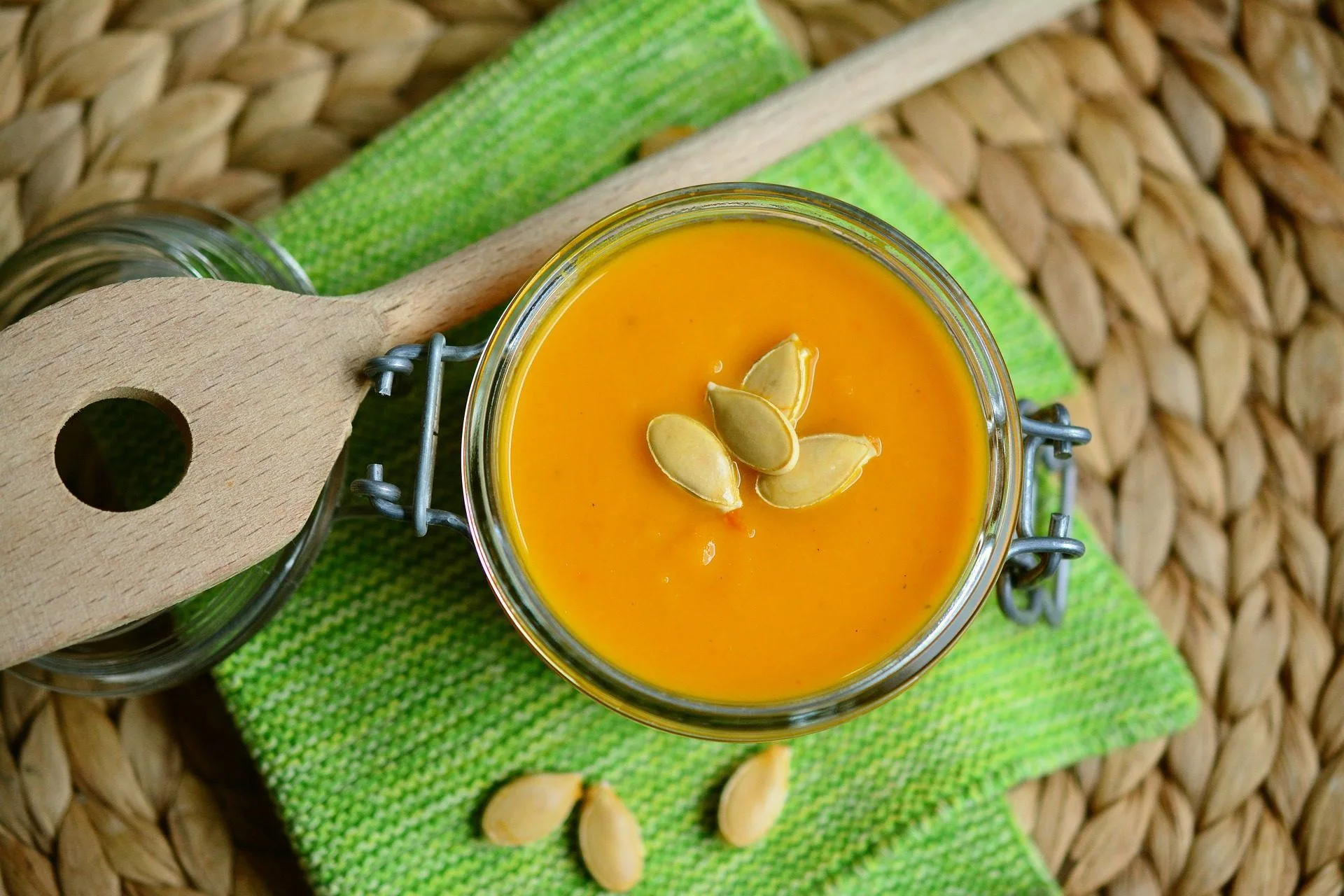
Image by congerdesign from Pixabay
Aside From Food Intake, How Else Can Those Reducing Or Removing Fish and Seafood From Their Diets Prepare Their Body?
Vitamin D3 is a specific type of vitamin that is mostly found in meats and fish products. If you are looking to go plant-based, you may want to think about investing in a good quality vitamin D supplement. The Recommended Dietary Allowance (RDA) is 600 international units (IU) per day for young adults and 800 IU per day for adults older than 70.
It’s a good idea to take a daily plant-based Omega 3 supplement as it’s very hard to eat enough walnuts, chia seeds, or flaxseeds in one day to provide you with an adequate amount of Omega 3. Look for one that contains both EPA and DHA, at least 500mg combined per daily dose.
It may also be prudent to take a multivitamin and mineral supplement if moving onto a plant-based diet for the first time. Keep this up until you are confident in meeting all your micronutrient needs with food.
Transitioning over to a new diet can sometimes mean initial changes in indigestion. If you increase your plant protein sources by eating more lentils, beans, and pulses, you may find that you suffer from bloating or gas. This is gut bacteria getting used to their new food source! Taking good quality probiotics has been researched to help with digestive issues like bloating, pain, and flatulence. I recommend For every day EXTRA Strength.
It’s always best to speak to your doctor or nutritionist before making any significant changes to your diet. They can assist you on how to make the transition to – for example – a plant-based diet. They will also make sure you are not cutting out important nutrients.
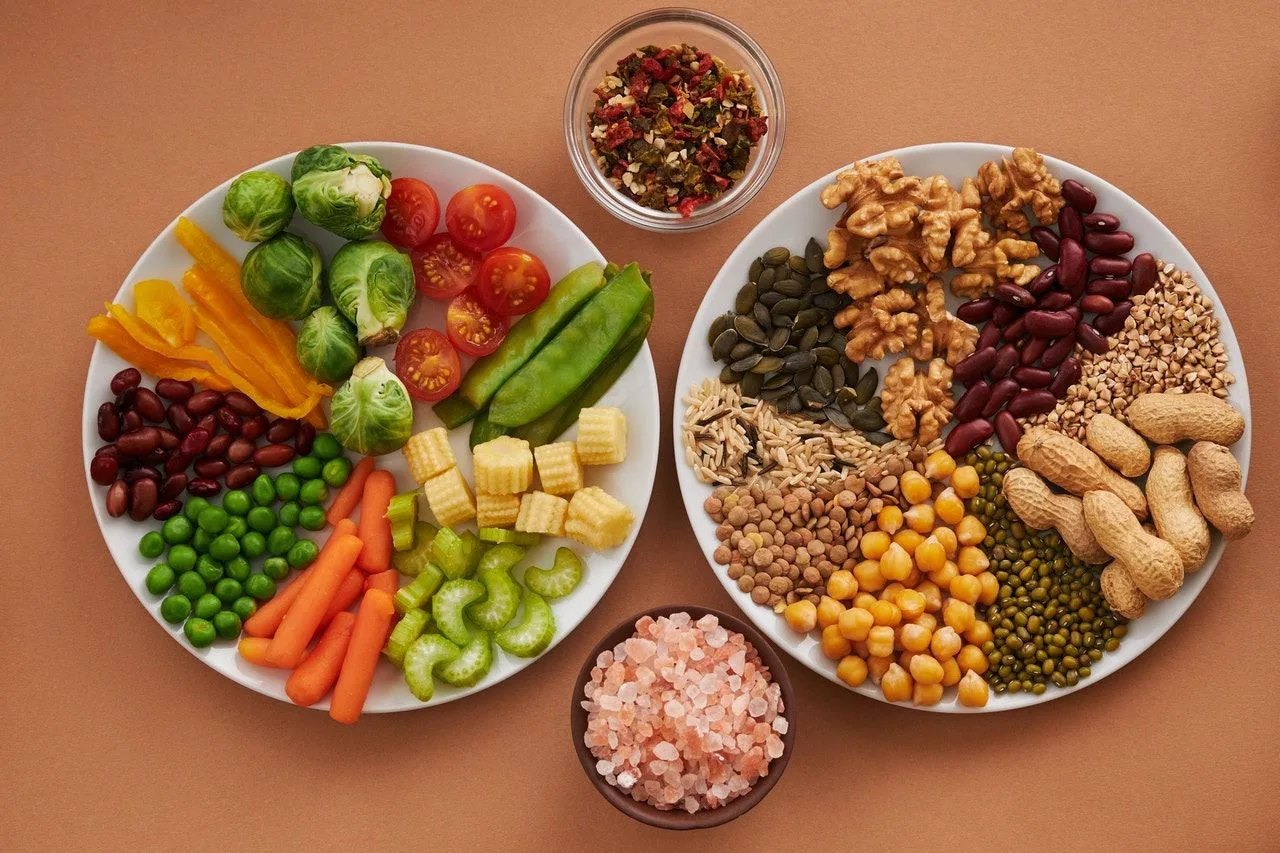
Photo by Vanessa Loring from Pexels
Who Is The Author?
 Camilla Gray is a Nutritional Therapist who studied Naturopathic Nutrition at the College of Naturopathic Medicine (CNM), now specializing in IBS.
Camilla Gray is a Nutritional Therapist who studied Naturopathic Nutrition at the College of Naturopathic Medicine (CNM), now specializing in IBS.
She has guested on several podcasts. These include The Shredded Show, hosted by Charlie Johnson, and The Get In Shape Show with Emily De Luzy. She has also been featured in the Daily Mail, Netdoctor, and Woman’s Own Magazine.


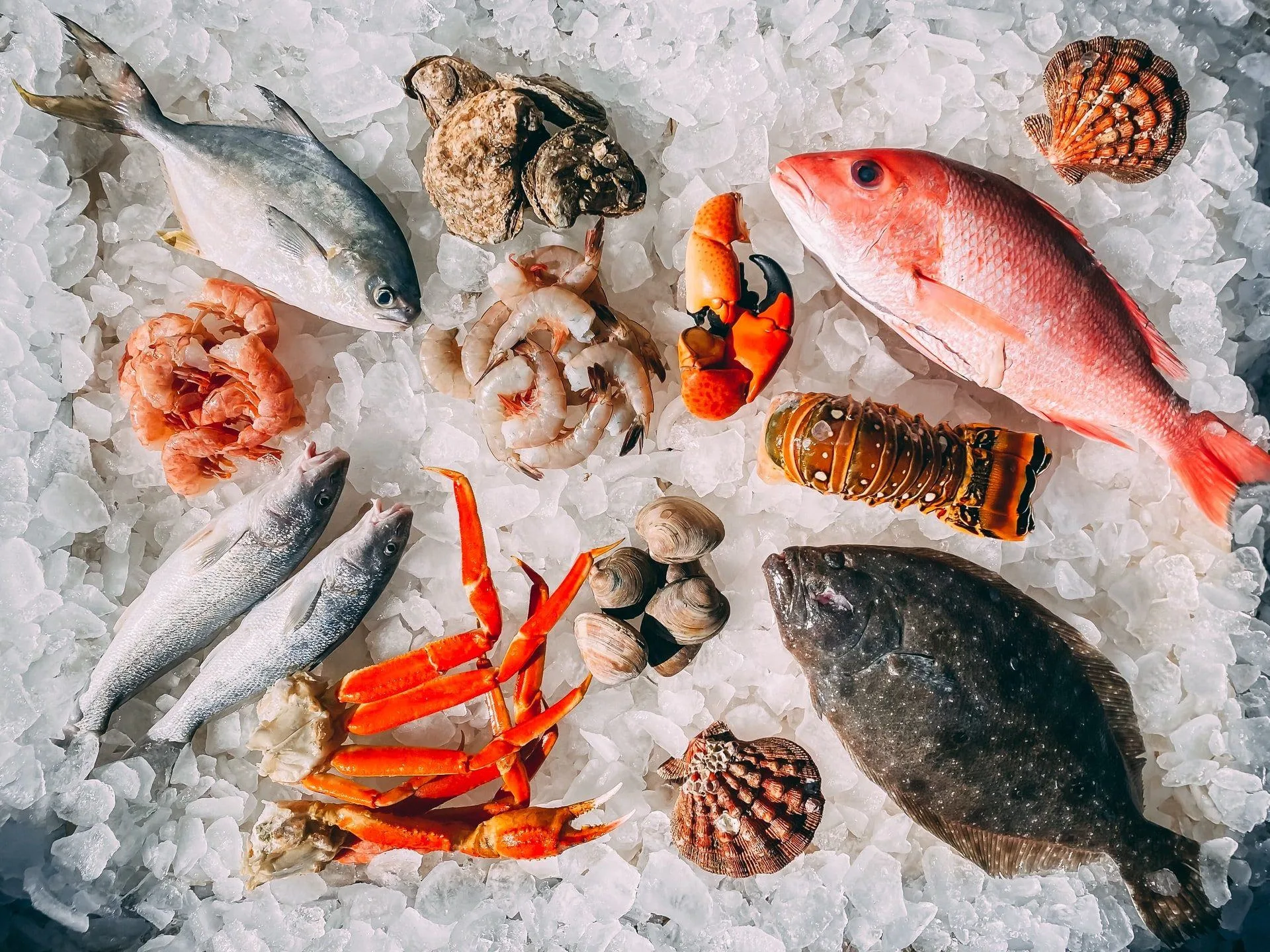
![women [longevity live]](https://longevitylive.com/wp-content/uploads/2020/01/photo-of-women-walking-down-the-street-1116984-100x100.jpg)










